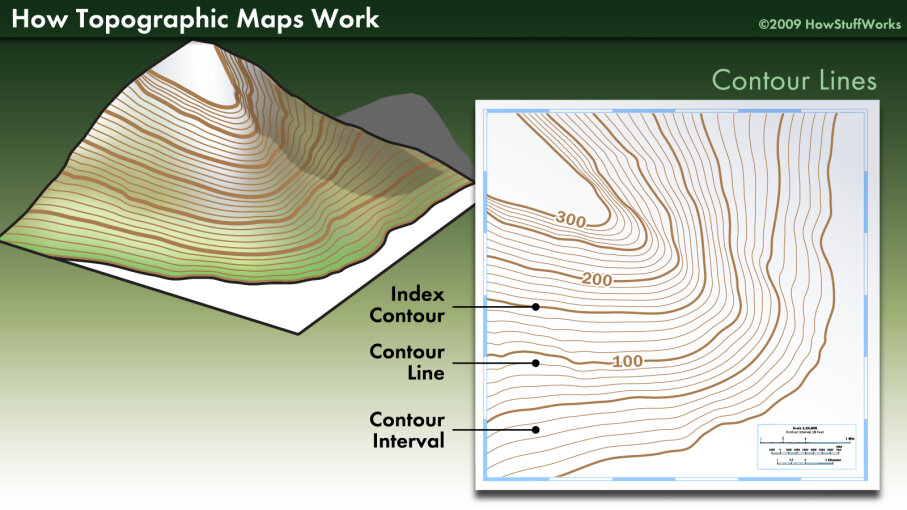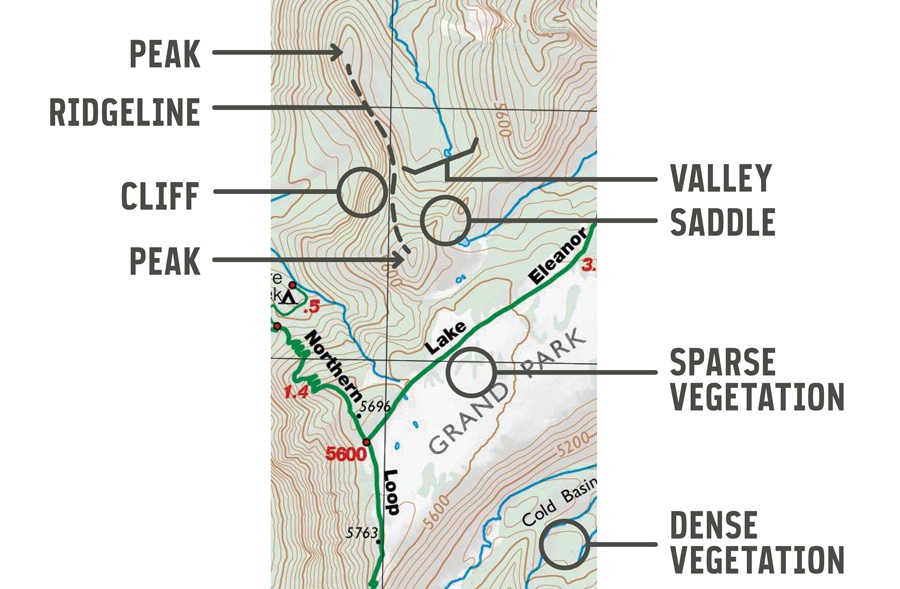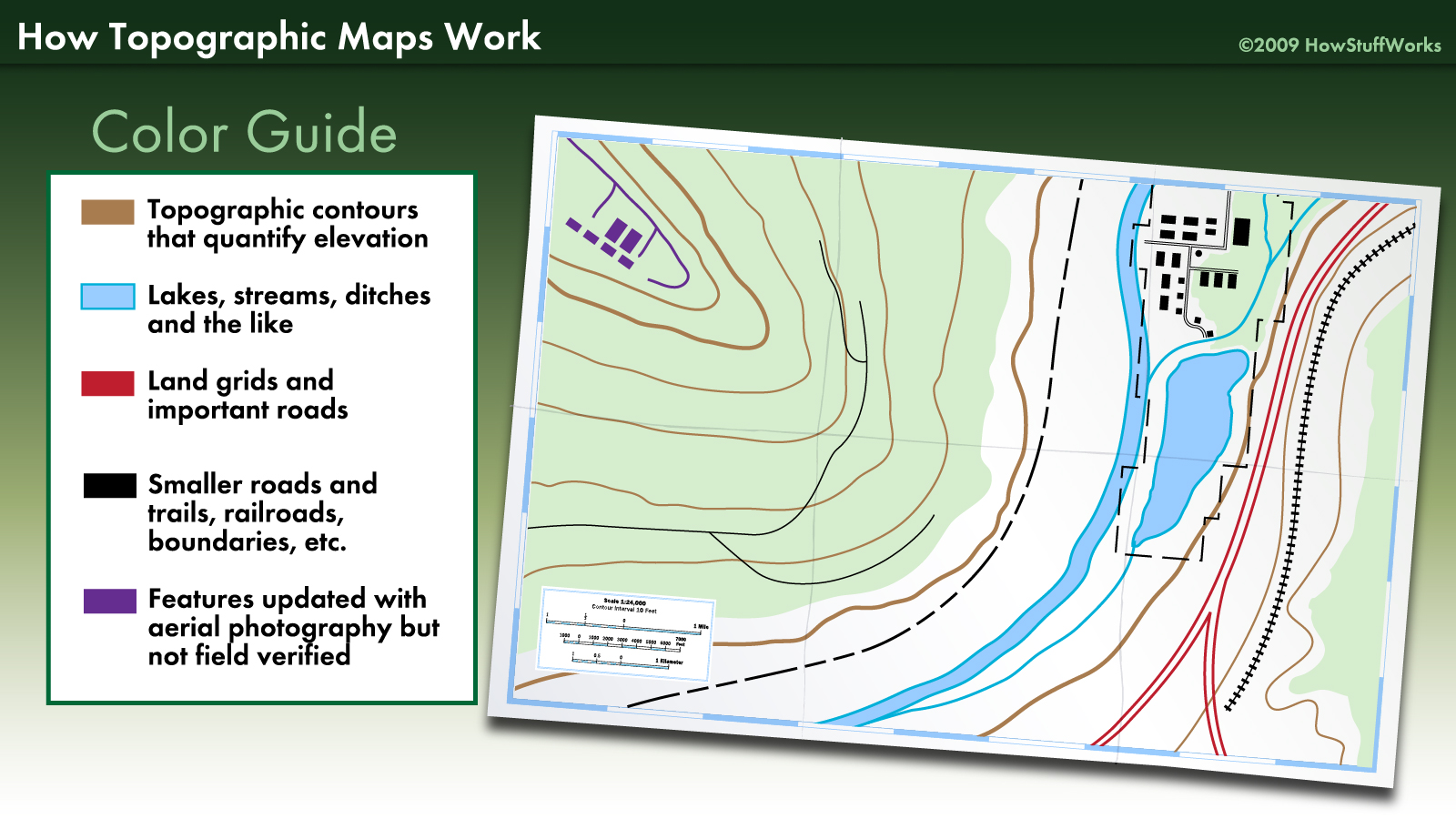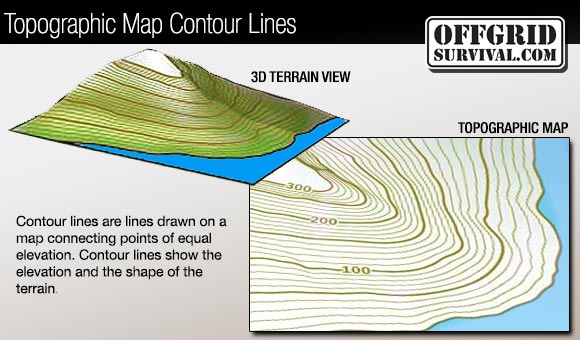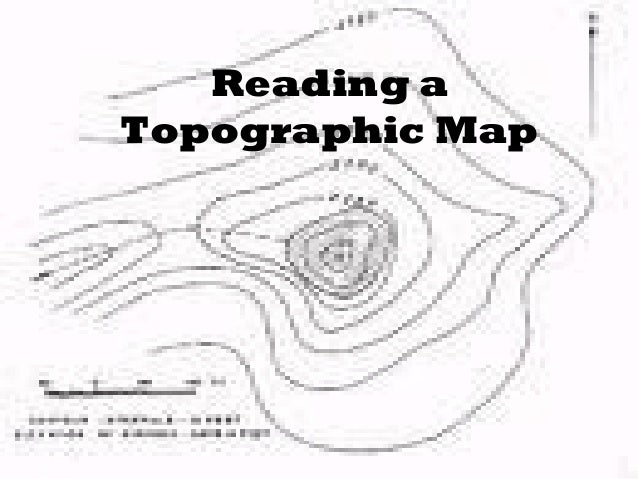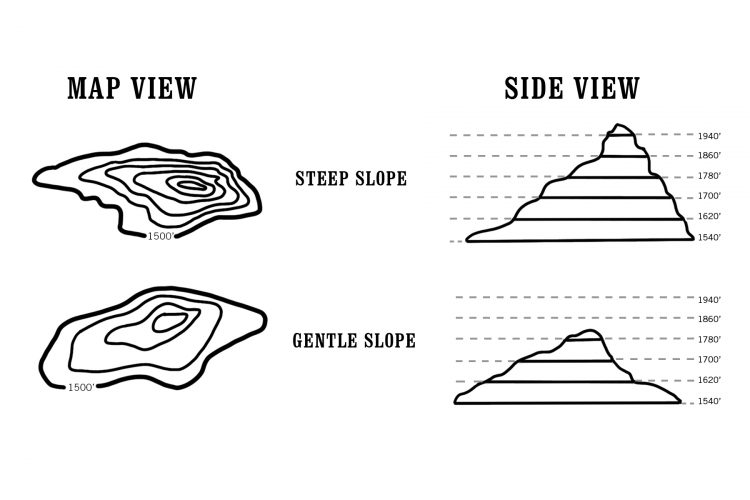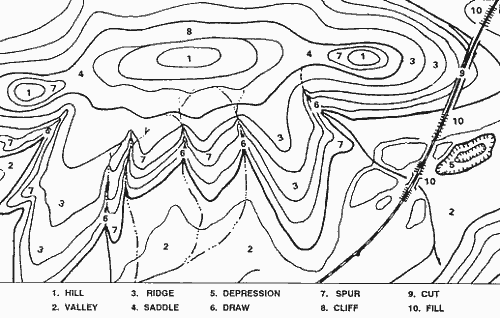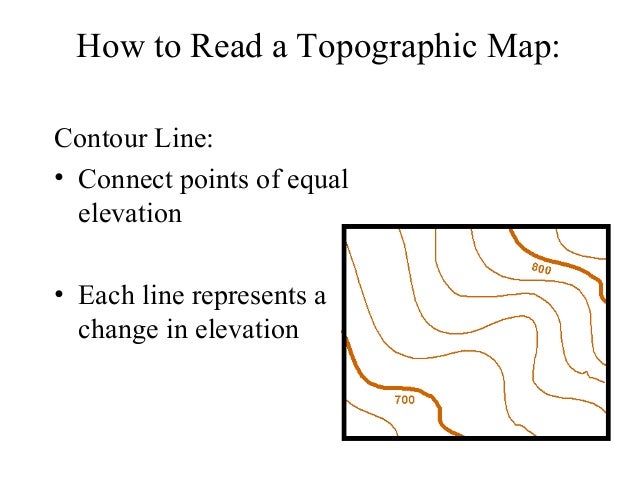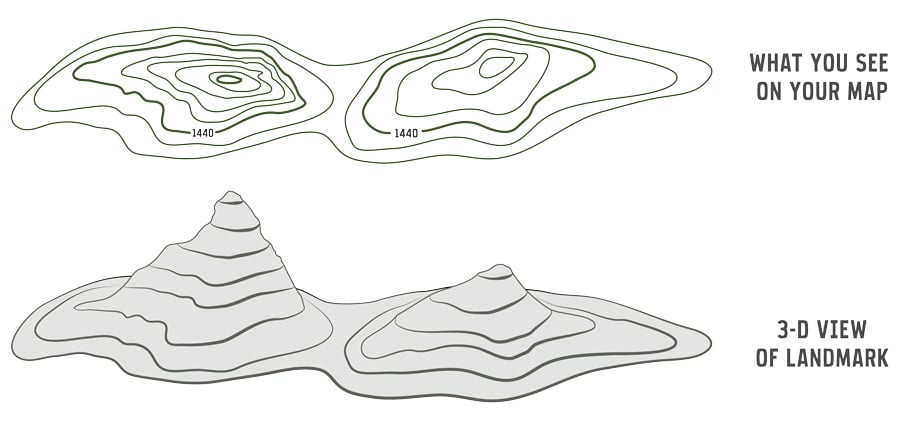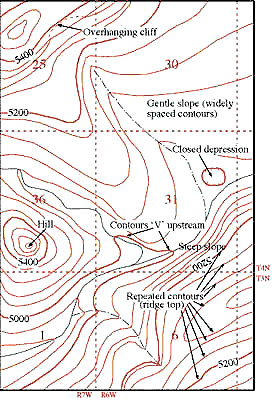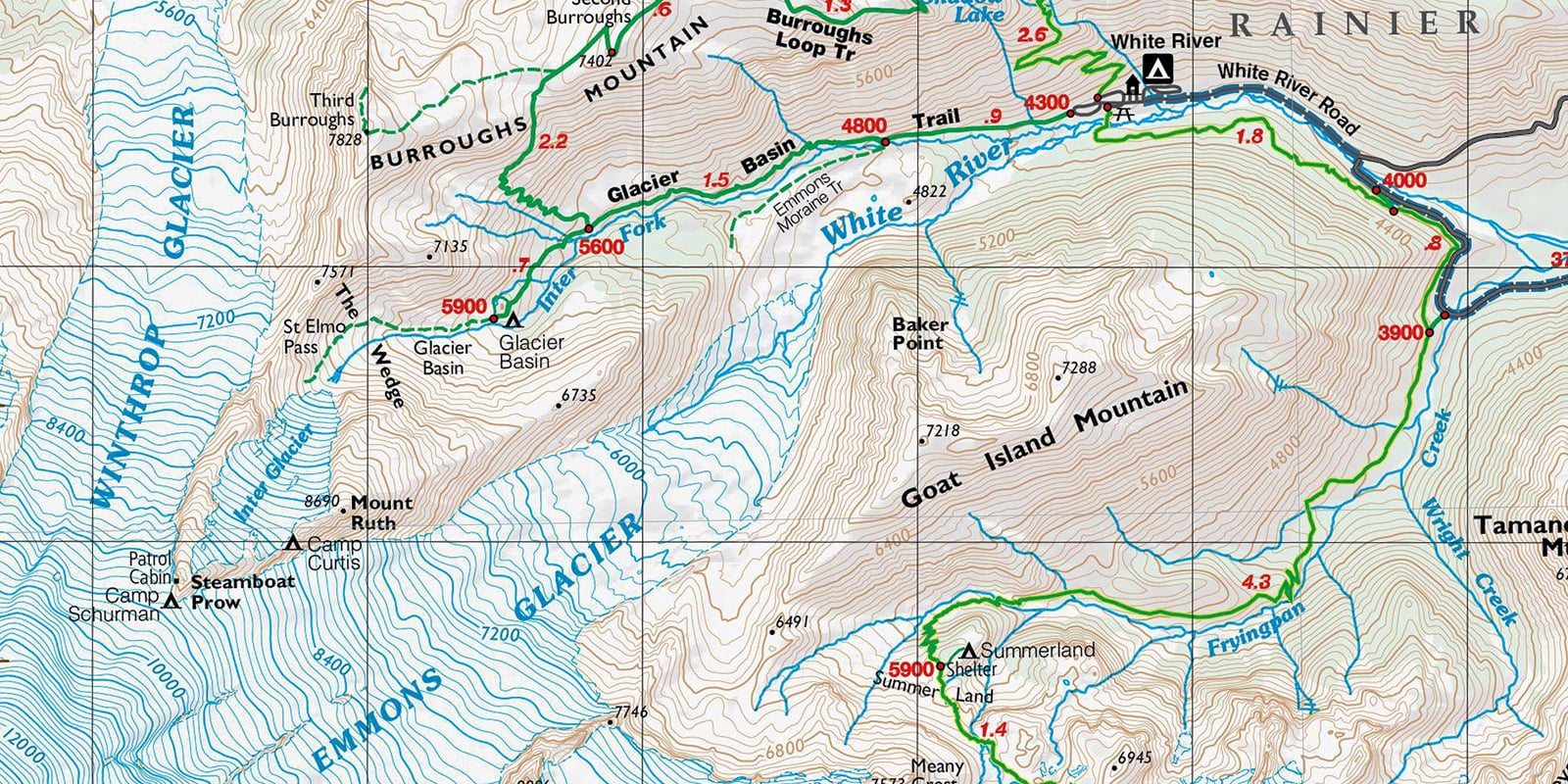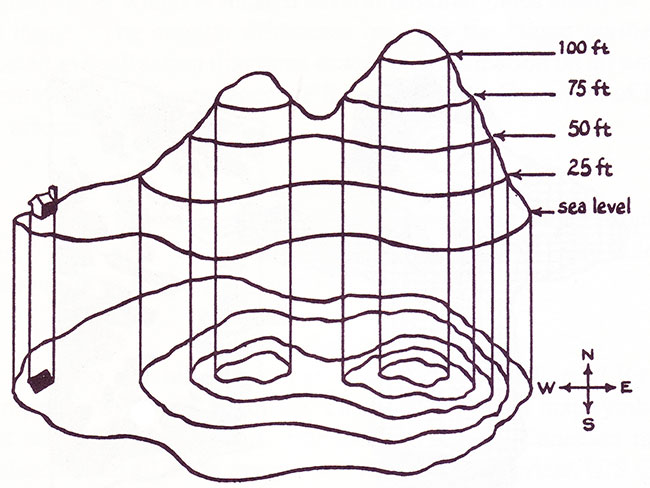How To Read Topographic Map
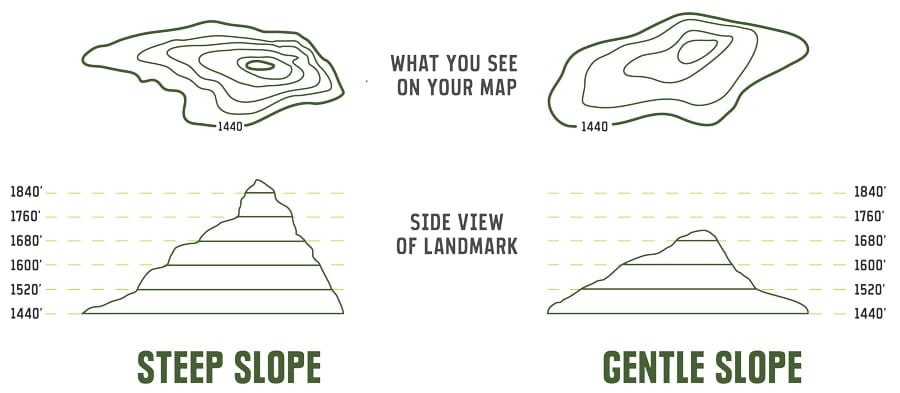
This is your map s unit of measurement in the united states it is generally an inch.
How to read topographic map. Obviously there are no life sized maps. The great outdoors stack exchange when navigating in the backcountry you ll usually bring a topographic map that shows the terrain so you can tell if there will be steep slopes or cliffs that might make the route difficult. Note the contour lines on the map. Instead to represent a large area cartographers make maps on a ratio scale.
If you re holding the map in front of you and the letters and numbers are right side up then the direction of true north is located at the top of the map. Topographic maps go further giving you the power to visualize three dimensional terrain from a flat piece of paper. The first number on any scale legend is one. When learning how to read a topographic map it s important to be aware of the scale of your map.
To read topographic maps you can assess the contour lines as well as the colors and symbols on the map. Topographic maps use green to denote vegetation such as woods while blue is used to denote water features like lakes swamps rivers and drainage. Topographic maps are also important when you are planning a backpacking trip as they will allow you to plot your route ahead of time and make sure you are prepared. Contour lines indicate the steepness of terrain.
These lines connect points of equal elevation. Contour lines in topographic maps topographic contours are imaginery lines that connect points of equal elevation above a reference level usually mean sea level. The feature that makes this possible is contour lines. Some lines will have the recorded elevation written in the line.
It was originally developed as. At higher elevations mountains may be snow capped year around or the terrain may actually be a glacier. The second number on the scale is the. To read a topographic map you need to understand the representations of the many circles and lines scrawled all over the terrain.
Topographic maps are oriented to true north. Each contour line corresponds to a specific elevation therefore contour lines never cross each other with the exception of representing overhanging cliffs or caves. This means that one unit of measurement on the map correlates with a larger unit in the real world.
